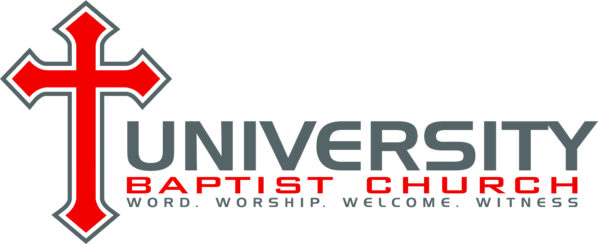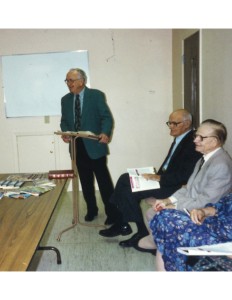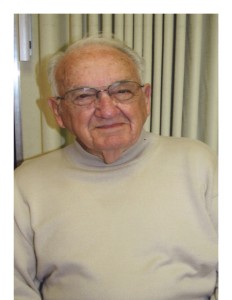Hello blogosphere, I’m back! Happy Fourth of July weekend to all of you! Actually, that’s a topic on which I wanted to share with you today. Most of you know me well enough by now to know that I never seek to be intentionally controversial (yet it often happens inadvertentlyJ), but I fear that this week’s topic might generate some controversy. While I am not seeking controversy and certainly not dissension, if it generates some healthy Christ-centered conversations, then I think that is ultimately a very good thing. I realize that many Christians will head to church this weekend, churches which are decorated with flags, banners, and a wide variety of things red, white, and blue. Their worship leaders and worship bands will likely lead their respective congregations in such patriotic classics as “America the Beautiful”, “My Country Tis of Thee”, and maybe even “God Bless America”. Afterwards, many pastors will likely ask their worshippers to open 2 Chronicles 7:14, where they will likely break down this passage:
If my people, who are called by my name, will humble themselves and pray and seek my face and turn from their wicked ways, then will I hear from Heaven and will forgive their sin and will heal their land (NIV)
You might have just read this description and thought to yourself, “Yes, my church will likely do something like this, and I don’t see the problem.” Here’s the problem, as I see it. Simply put, that’s not worship. Now before you get frustrated with me and close out this blog, think with me for just a moment. Let’s first seek to define worship. The Merriam-Webster dictionary defines worship as “the act of showing respect and love for a god especially by praying with other people who believe in the same god: the act of worshipping God or a god.” So, in terms of Christian worship, Christians show respect and love to Jesus Christ. Now, I think that this definition actually is somewhat watered down and doesn’t go nearly deep enough. In simplest terms, worship means to ascribe worth. As Christians, we ascribe worth to Jesus Christ. Only Jesus Christ. We bear His name! It is also worth noting that worship is not something we do. Worship is something that we are. We should be worshipful beings not only on Sundays, but on the other six days of the week. Worship is not an event. It is a lifestyle. That being said, there is something profoundly beautiful about gathering with other likeminded believers for the sole purpose of ascribing worth to Jesus Christ and only Jesus Christ through song, prayer, and the preaching of the Word.
Let me be clear. I love America. I am very proud to be an American. I am proud of the liberties and freedoms that I have as an American citizen and am grateful for those that have fought and died to make sure that I am able to enjoy those freedoms, such as the freedom to be able to worship without fear of persecution. The issue comes when, in our desire to be patriotic Americans, our love for America begins to replace our worship of Jesus Christ. My sole responsibility as a follower of Christ is to do all I can to advance the kingdom of God in this world. Lest we forget, let us look back in scripture to see how Jesus defined His kingdom. In John 18:36, He said “My kingdom is not of this world. If it were, my servants would fight to prevent my arrest by the Jews. But now my kingdom is from another place.” In other words, Jesus openly acknowledged that His kingdom was focused on Heaven. Not on Jerusalem. Not in the Jewish people. Heaven. I think we would be wise in remembering that when it comes to our worship, particularly this weekend. Jesus was not an American. Nor is the American church the only Christian church. Let’s not attempt to equate Christianity and worship with American patriotism because Jesus made abundantly clear that the two were separate.
The apostle Paul even discussed this concept in Philippians 3:20 when he said, “But our citizenship is in Heaven. And we eagerly await a Savior from there, the Lord Jesus Christ.” In other words, let’s keep the main thing the main thing. And never forget that Jesus is the main thing. When we decorate our places of worship in red, white, and blue, and sing songs that might be inspirational but have nothing to do with Jesus Christ, aren’t we placing our love for our country on a level that should be reserved for Jesus? I think we might be. Let’s remember what Paul said. This world is not our home. We are mere strangers and aliens. While I love America, my love for it has to be separate from my worship of Jesus Christ because ultimately, my citizenship resides in the kingdom of God. And because of that, my ultimate responsibility is advancing that Kingdom, not the kingdom of America. They are not the same.
And just a word for my fellow pastors. I trust that you will be following the Lord’s leading in determining what Scriptural text He would be leading you to preach from this weekend. Should He lead you to preach on the love of country (again, America is not mentioned in Scripture), let’s make sure that we are faithfully breaking down the Word of God in context. For example, earlier in my writing, I mentioned 2 Chronicles 7:14. Now that is indeed a beautiful passage, and one that can certainly lend itself to American patriotism if we allow it, but the fact of the matter is that would be taking God’s word out of context. What God was referring to in this passage was the covenant agreement that God had made with His chosen people, the Israelites, and the fact that His presence would reside in the newly built temple. If God’s people would turn from their wicked ways, He would hear them and heal them. God has never made a covenant with any other nation but Israel, including America. However, since Christian believers today are God’s people and undoubtedly called by His name, we too can claim this promise. But it is not a promise for America. It is a promise for God’s people. Gentlemen, let’s keep it in context this weekend and not add something to the Scriptures that it does not say. God’s Word can do just fine on its own without us adding our own commentaries.
On Monday, July 4, our church family will gather together and watch the fireworks. We’ll have a great time together with people that we love in a country that we love. But on Sunday, the people of University Baptist Church will worship Jesus Christ alone as the Bride of Christ. We won’t be singing “patriotic” songs, but we sure will be worshipping. It doesn’t mean that we don’t love America. It simply means that we love Jesus more. It is my prayer that God’s people would all love Jesus more and that we would all keep the main thing the main thing.
I Love You,
JP




